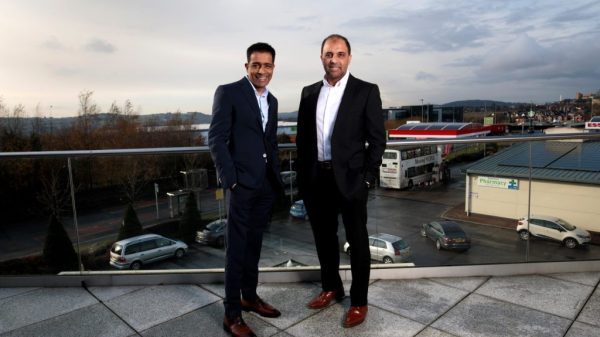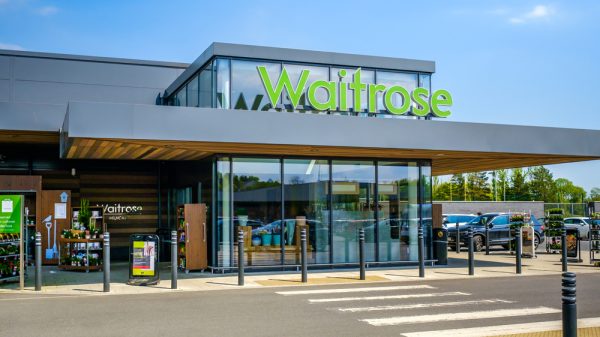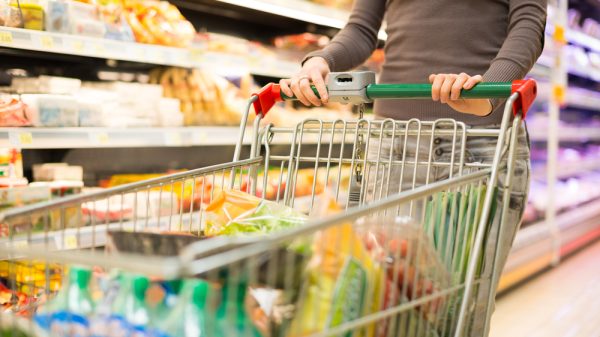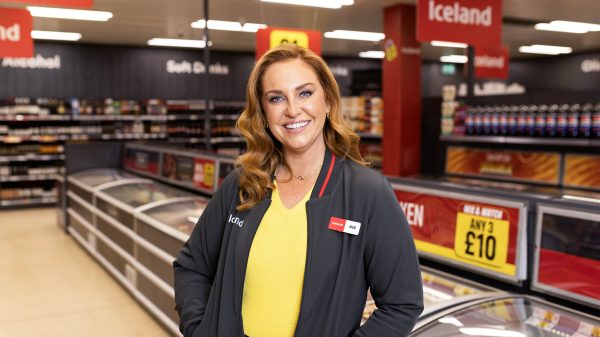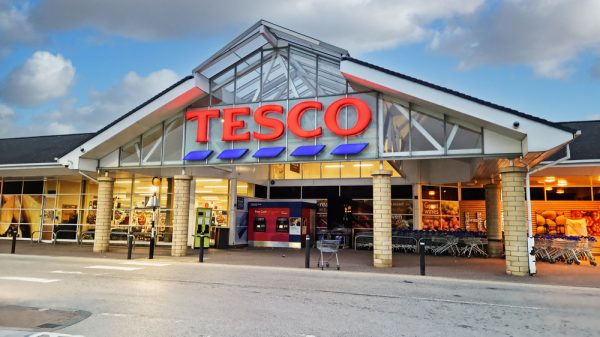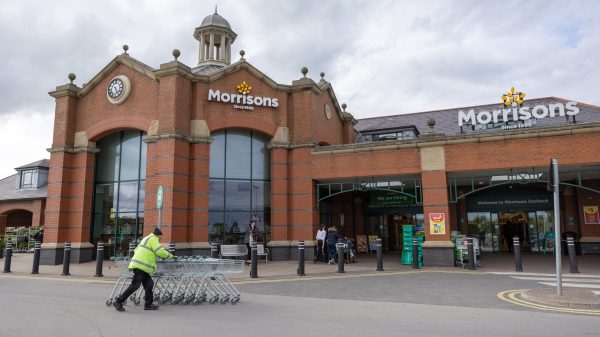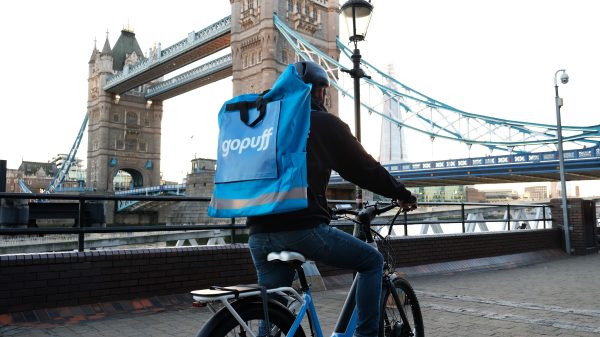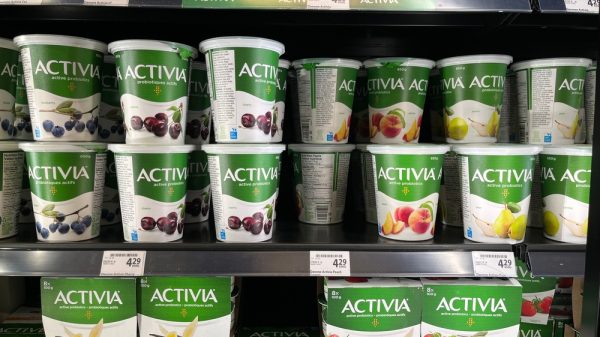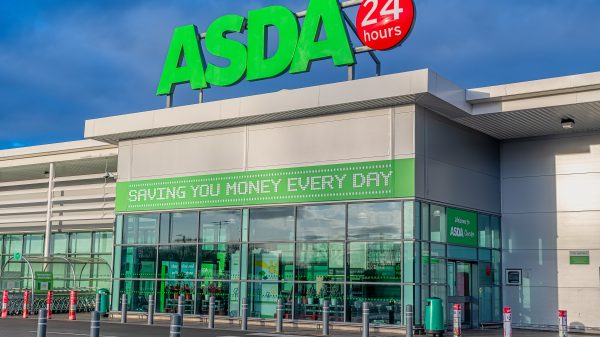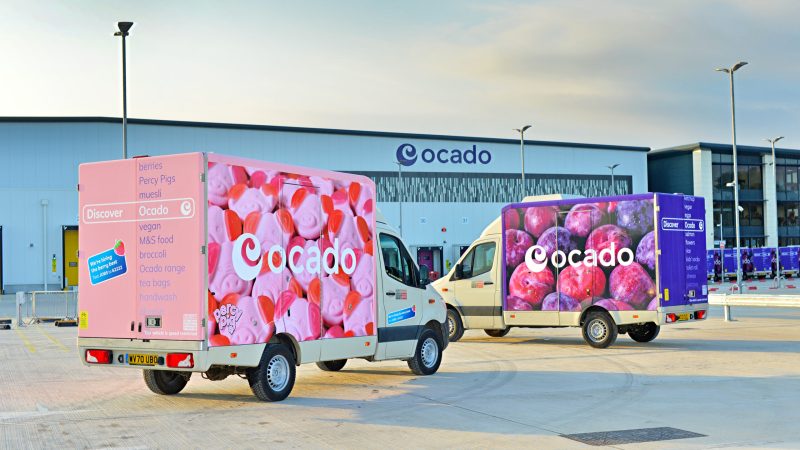The Autumn Budget isn’t normally a time for major policy announcements.
On the other hand, as Britain recovers from the havoc of Covid-19, the economy hasn’t been normal for a very long time.
Just look at Rishi Sunak. Despite being seen as a low-tax Thatcherite, he’s presided over the highest tax rate since the Second World War.
It could rise even further when he stands up in the House of Commons on October 27. The Chancellor is backed into a corner: by a fragile recovery, inflationary pressures, Covid expenses, and recent tax hikes.
He has even ruled out borrowing, telling the Tory conference this month that it would be “immoral” to pile debt for future generations.
“There are no easy conversations when it comes to tax increases,” KPMG experts Tim Sarson and Sharon Baynham say.
“The Chancellor has to perfect the art of plucking the goose in such a way as to minimise the amount of hissing.”
Sunak will also need a few giveaways to keep the public onside as Britain tries to “build back better” from the pandemic. After all, the Peloton-pedalling Chancellor is partial to the occasional treat, limiting himself to one Diet Coke per week.
So, does the budget look like good news or bad news for the grocery sector?
READ MORE: Convenience stores shamed for failing to pay minimum wage
Minimum wage
In the build-up to Boris Johnson’s conference speech on October 6, there were murmurings that he could lift the minimum wage from £8.91 to £9.42.
It never happened. Some believe this particular rabbit has been stuffed back into the hat, for Sunak to pull out instead.
For the big supermarkets and their employees, this won’t mean much – most pay well over the current minimum wage rate.
Morrisons staff, for example, are given at least £10 an hour.
However, boosting the minimum wage could provoke a backlash from small business owners, who don’t want to see their margins cut any further.
The Association of Convenience Stores (ACS) has been scathing about the 20p increase to £8.91 in April.
According to its survey, the rise forced down the profits of seven in 10 retailers, while half increased their prices.
READ MORE: Sunak urged to cut business rates by 41 trade unions
Business rates
Ahead of the Spring Budget, there were rumours that Sunak could announce an online sales tax to support bricks-and-mortar businesses.
They were left disappointed, but experts believe it could be back on the cards ten months later.
Some think the Chancellor might bring in a two per cent sales tax, which – according to the British Independent Retailers Association – could provide the space to scrap business rates.
The system is broadly unpopular, hammering the high street while internet retailers reap the rewards.
Sunak also hasn’t shied away from confronting Big Tech. At this year’s G7 he backed an “Amazon Tax,” which will force multinationals to pay a 15 per cent minimum global corporation tax.
With political and public support it looks like an open goal. However, some sources have recently poured cold water on the idea.
The high street will be crossing its fingers that Sunak sorts out what most see as a broken system. Business hates business rates.
READ MORE: M&S admits net zero target ‘won’t be easy’
Environmental taxes
With the UN’s Climate Change Conference taking place in Glasgow this month, Sunak may plan on sticking a few green taxes in his red budget box.
Some have floated the idea of a carbon tax, but this would hit food and drink manufacturers along with farmers.
Admittedly, big supermarkets like Tesco are encouraging suppliers to reach “net zero” – cutting their so-called “Scope Three” emissions.
On the other hand, this won’t be for decades. Sooner or later tax rises will creep up the supply chain and blow a hole in people’s pockets.
A fuel tax is another possibility, having been frozen for the last decade at the cost of some £50 billion to the Exchequer.
How credible is it, though, that the Chancellor will add his weight to inflationary pressures amid the energy, fuel and food crisis?
Drivers across London and the South East are queuing for petrol which costs more than it has since 2013.
READ MORE: Convenience stores urges investment boost ahead of 2021 budget
Labour force
At least one major accountancy firm expects “sector-based schemes”, which could mean further steps to grow the shallow pool of lorry drivers.
Shortages have been a source of misery to grocers. Sunak may try to win back the trust of business with new visa schemes to bring hauliers from overseas.
However, the government believes that companies have been “drunk” on cheap labour and need to stop relying on foreign workers.
With just 127 drivers applying for visas as of October 5, the Chancellor might also wonder if it’s worth using up the political capital.
The Kickstart scheme could also be extended beyond its mid-December deadline to boost youth employment.
It won’t plug shortages of skilled jobs, but has nonetheless proved an important resource for supermarkets to draw on.
Earlier this month, Morrisons announced that kickstarters could apply for its Christmas recruitment drive of 3000 workers.
Click here to sign up to Grocery Gazette’s free daily email newsletter

